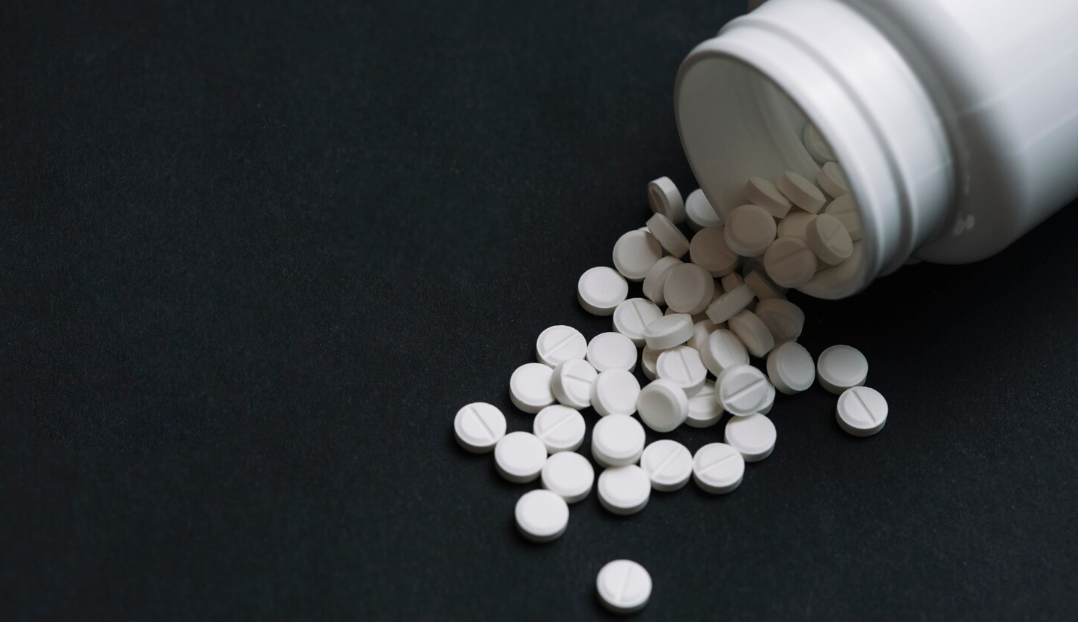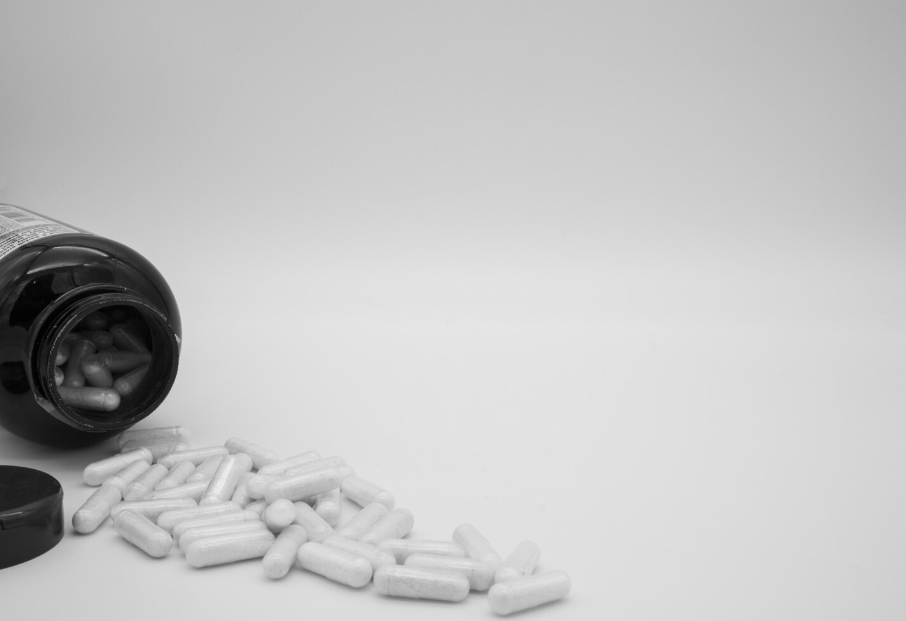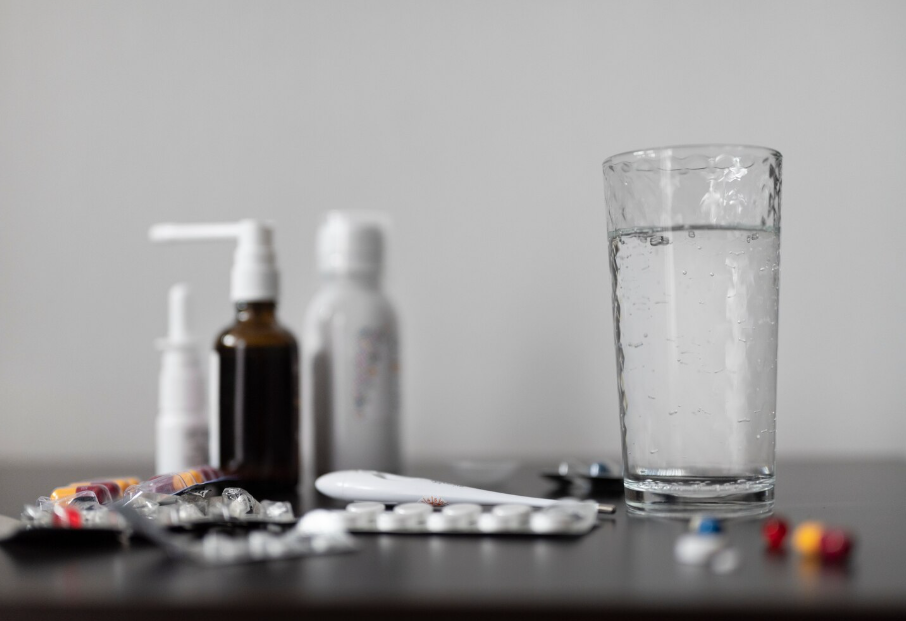Outpatient rehab has become a popular choice for people seeking addiction treatment and recovery support. Many individuals prefer this approach because it allows them to maintain their work and family commitments. A quality drug detox facility often provides outpatient programs that combine medical care with therapy sessions. This guide examines the effectiveness of outpatient rehab for recovery, including its benefits, challenges, and success factors. Understanding these elements can help you make informed decisions about treatment options.
Benefits of Outpatient Rehab
Outpatient rehab gives people the freedom to get treatment while keeping their daily routines. This flexibility helps patients continue working, caring for family, and handling personal tasks while attending therapy. Studies show that people who can fit treatment into their regular schedule stick with the program better and get better results. Outpatient rehab also lets people practice new skills in real-life situations right away. This makes it easier to transition back to normal life after treatment ends. The program creates a supportive space that feels like everyday life, giving patients tools to handle challenges and triggers they face outside of treatment sessions.
Challenges Faced in Outpatient Rehab
Handling daily responsibilities while getting outpatient treatment can create several difficulties that might slow down progress. Juggling work, family duties, and therapy appointments can feel overwhelming. Good time management becomes crucial, and having the right support network is vital. Environmental triggers outside the treatment center can test someone's dedication to recovery. Peer pressure, easy access to substances, or stressful situations can threaten progress. Keeping treatment private in a community setting can also be challenging for some people. Sticking to treatment plans and dealing with setbacks requires strength and determination. Tackling these challenges early with good coping methods and clear communication with healthcare providers can improve the chances of success in outpatient rehab.
Outcomes and Success Rates
Looking at results and success rates in outpatient rehab programs gives us important information about the effectiveness of these treatments. Research shows that people in outpatient rehab often see big improvements in their physical and mental health. Success rates change based on factors such as the severity of the condition, the person's commitment to treatment, and the quality of care they receive. Studies indicate that outpatient rehab can lead to long-term recovery for many people, with a focus on building independence and improving daily functioning. By tracking outcomes and success rates, professionals can keep improving outpatient rehab programs to get the best results for patients seeking recovery.
Types of Therapies Offered
Different therapy methods are available in outpatient rehab programs to meet the varied needs of people seeking recovery. These therapies provide complete support for individuals dealing with substance abuse or mental health issues. Common therapies in outpatient rehab include cognitive-behavioral therapy (CBT), dialectical behavior therapy (DBT), motivational interviewing, group therapy, family therapy, and medication-assisted treatment. CBT helps people identify and change negative thoughts and behaviors, while DBT focuses on building mindfulness and emotion control skills. Motivational interviewing boosts natural motivation for change. Group and family therapies provide peer support and strengthen relationships. Medication-assisted treatment combines medicines with therapy to treat substance use disorders effectively. By offering various proven therapies, outpatient rehab programs can meet the unique needs of each person on their recovery journey.
Support Systems and Aftercare
Our outpatient rehab program stresses the importance of building strong support systems and aftercare plans for people in recovery. These parts play a key role in maintaining progress and lowering the risk of relapse. To provide complete support, we focus on:
- Building a Strong Social Network: Encouraging connections with positive influences
- Creating Structured Aftercare Programs: Providing ongoing guidance after rehab
- Using Peer Support Groups: Supporting shared experiences and encouragement
- Providing Family Therapy: Including loved ones in the recovery process
Factors Influencing Effectiveness
Successful outpatient rehabilitation programs depend on several key factors that contribute to good recovery results. The first important factor is personalized treatment plans designed for each patient's specific needs. Custom care makes sure that treatments match the particular challenges and goals of the individual, making the program more effective. Another key element is the quality of the relationship between the patient and their healthcare providers. A strong connection built on trust, understanding, and open communication encourages participation and leads to better treatment results. Also, using proven practices and comprehensive treatment approaches improves the overall effectiveness of outpatient rehabilitation programs. By considering these important factors, providers can increase the potential for successful recovery in individuals seeking outpatient rehabilitation services.
Other Related Posts:











